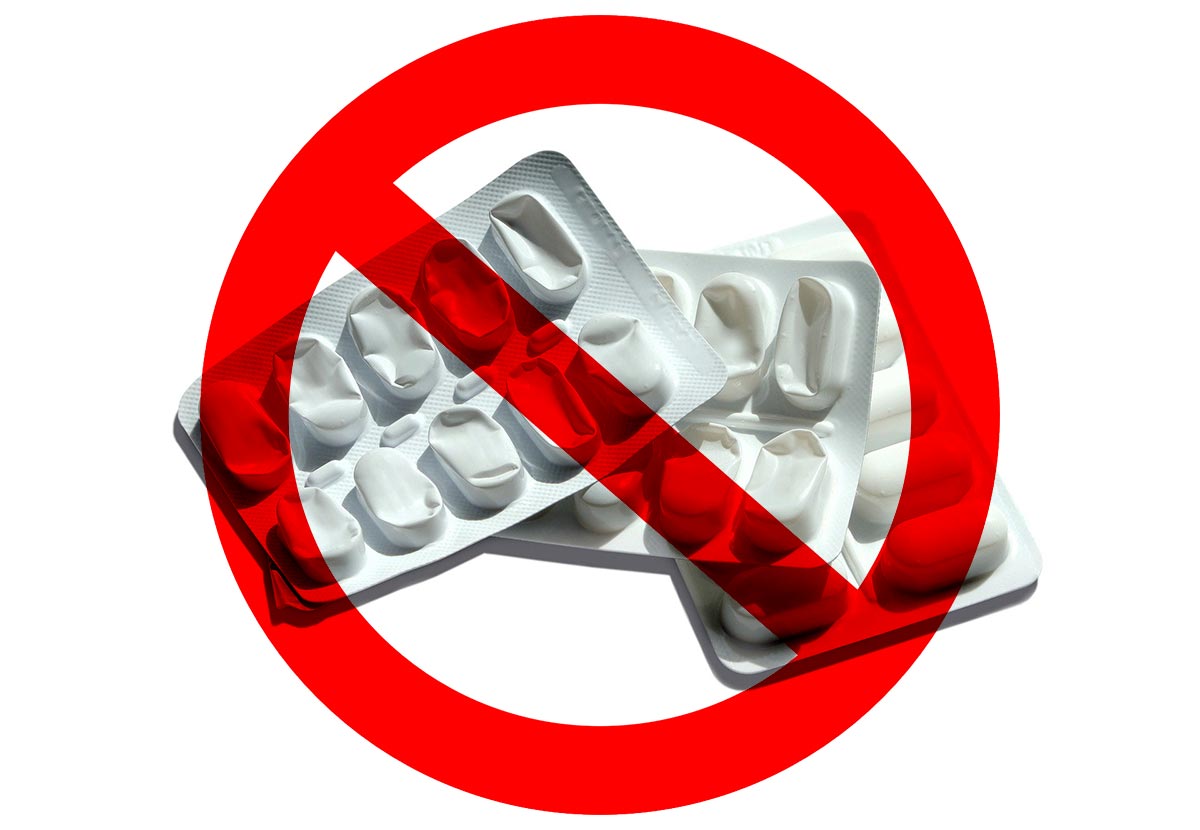The frustration of memory loss, whether it involves forgetting mundane details or significant life events, is a deeply personal experience. From misplacing everyday items like glasses to struggling with names, birthdays, anniversaries, and other key moments, memory lapses can lead to embarrassing and even distressing situations. While many associate memory decline with aging, it's important to recognize that various factors, including certain ailments, medications, and injuries, can also contribute to memory problems at any age. However, memory loss due to aging presents unique characteristics compared to memory loss caused by illness. This distinction is crucial for understanding how to best address memory concerns as we grow older.
The Aging Brain: Understanding the Changes
Why do older individuals, in particular, experience memory challenges? The answer lies in the natural aging process of the brain. Much like any other organ in the body, the brain undergoes wear and tear over years of use. This can lead to a decline in cognitive sharpness and changes in how the brain stores and processes information. After a certain age, we may experience a gradual loss of brain cells, and our bodies may produce suboptimal levels of neurotransmitters and other chemicals essential for optimal brain function. These physiological changes can contribute to memory decline as we grow older. This understanding of the biological changes associated with aging helps us to develop targeted strategies for maintaining cognitive health.
Types of Memory: Short-Term, Long-Term, and the Impact of Aging
Human memory can be broadly classified into two main categories: short-term or working memory and long-term memory. These broad categories can be further subdivided into various types. Short-term memory holds information temporarily, typically for less than a minute, and has a limited capacity. This information is either transferred to long-term memory or discarded. Long-term memory, on the other hand, stores information for extended periods, ranging from minutes to decades. It can be further divided into recent long-term memory (events from the recent past) and remote long-term memory (memories from the distant past, such as childhood). Interestingly, aging primarily affects recent long-term memory, making it more challenging for older brains to store new information. This explains why an older individual might vividly recall childhood events yet struggle to remember a conversation from earlier in the day. Short-term memory and remote long-term memory are often relatively preserved in healthy aging.
A Three-Pronged Approach to Maintaining Memory
A comprehensive approach to maintaining memory and cognitive function involves three key components: keeping the mind and body active through mental and physical exercise, consuming a brain-healthy diet, and considering memory-enhancing supplements. This holistic strategy addresses various aspects of brain health, from stimulating neuronal activity to providing essential nutrients. It's important to remember that consistency is key; incorporating these habits into your daily routine can yield significant long-term benefits. This multi-faceted approach offers a more robust defense against age-related cognitive decline.
Move Those Muscles: The Benefits of Physical and Mental Exercise
Stimulating your brain through mental exercises, often referred to as "brain aerobics" or "cognitive training," for 30 minutes to an hour each day can significantly improve memory retention and cognitive function. Engaging in activities like solving crossword puzzles, playing Sudoku, reading books and newspapers, learning a new language, acquiring new skills (like playing a musical instrument or learning a new software program), memorizing lists, engaging in discussions about current events, playing board games, and pursuing hobbies like music or art can all contribute to cognitive stimulation. Keeping your body physically fit through regular exercise also plays a crucial role in sharpening memory. Physical activity increases blood flow to the brain, delivering essential oxygen and nutrients, and reduces the risk of developing conditions that can lead to memory loss, such as cardiovascular disease and type 2 diabetes. Furthermore, studies suggest that regular walking can promote neurogenesis, the growth of new brain cells, particularly in the hippocampus, a brain region crucial for memory.
Food for Thought: Nourishing Your Brain Through Diet
Diet plays a crucial role in brain health and memory function. Certain foods contain nutrients that are particularly beneficial for cognitive function. Foods rich in folic acid, B vitamins (especially B6, B9, and B12), omega-3 fatty acids, and antioxidants such as vitamin C, vitamin E, and beta-carotene are particularly valuable for brain health. A diet rich in fruits, vegetables (especially leafy greens), legumes, whole grains, soybeans, nuts, and healthy fats found in foods like tuna, salmon, mackerel, and flaxseed oil can significantly aid memory retention and offer numerous other health benefits. These nutrients support various aspects of brain function, including neurotransmitter production, cell membrane integrity, and protection against oxidative stress.
Memory Vitamins: Supplementing for Optimal Brain Function
Supplementing a healthy diet and regular physical and mental exercise with specific memory vitamins and supplements can provide additional support for mental health and wellness. These supplements often contain targeted nutrients that support mental sharpness, focus, and memory recall. Some of the memory supplements that have shown promise in supporting brain function include Huperzine A, which may improve memory and learning; Phosphatidylserine, a phospholipid that supports cell membrane health; Vinpocetine, which may enhance blood flow to the brain; Citicoline (Cognizin), which supports neurotransmitter production; Blueberry Extract, use blueberry in your daily diet, rich in antioxidants; and Vitamin B-12, essential for nerve function.
Embracing Healthy Aging: A Proactive Approach to Memory
Just because you are getting older doesn't mean you have to passively accept memory loss as an inevitable part of life. By adopting a proactive approach that includes stimulating your brain through mental exercise, engaging in regular physical activity, eating a brain-healthy diet, managing stress, maintaining a positive outlook, and considering appropriate memory supplements, you can significantly enhance your cognitive function and maintain your memory well into your golden years. After all, the only thing age should be primarily associated with is wisdom, not cognitive decline. Taking charge of your brain health empowers you to live a more fulfilling and independent life as you age. This holistic approach to brain health can significantly improve quality of life and maintain cognitive vitality.
1Squire, L. R. (2004). Memory systems of the brain: A brief history and current perspective. *Neurobiology of Learning and Memory*, *82*(3), 171-177.
2Erickson, K. I., Voss, M. W., Prakash, R. S., Basak, C., Szabo, A., Chaddock, L., ... & Kramer, A. F. (2011). Exercise training increases size of hippocampus and improves memory. *Proceedings of the National Academy of Sciences*, *108*(7), 3017-3022.
3Gómez-Pinilla, F. (2008). Brain foods: the effects of nutrients on brain function. *Nature Reviews Neuroscience*, *9*(7), 568-578.
4 McDaniel, M. A., Maier, S. F., & Einstein, G. O. (2003). “Brain-specific” nutrients: A memory cure?. *Nutrition*, *19*(11-12), 957-975.
5These statements have not been evaluated by the Food and Drug Administration. This product is not intended to diagnose, treat, cure, or prevent any disease.













